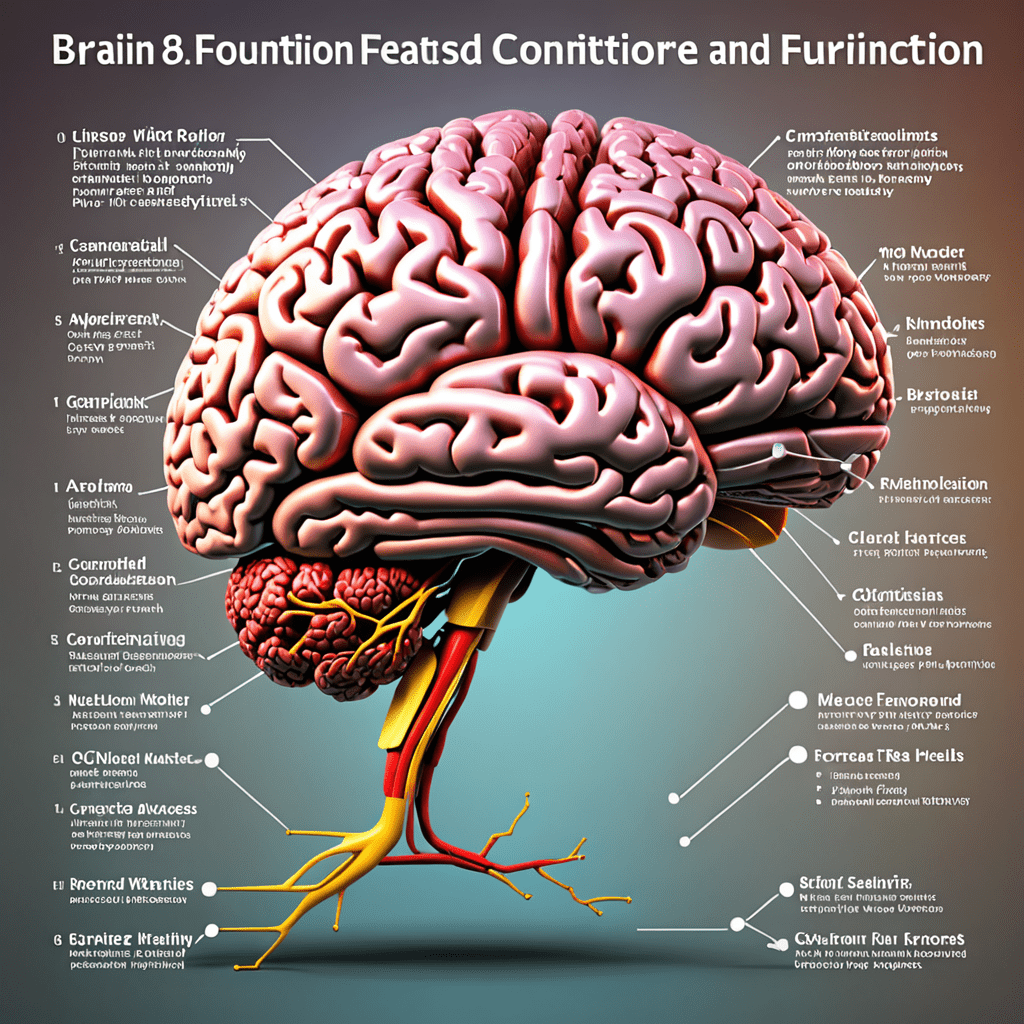
Nutritional Considerations for Brain Health and Cognitive Function
Proper nutrition is essential for maintaining not only physical health but also cognitive function and brain health. The food we consume directly impacts our brain’s ability to function, concentrate, and even our mood. Here, we’ll explore some key nutritional considerations for promoting brain health and cognitive function.
Eat a Balanced Diet
A well-balanced diet that includes a variety of whole foods such as fruits, vegetables, whole grains, lean proteins, and healthy fats is crucial for brain health. These foods provide essential nutrients, antioxidants, and phytochemicals that support cognitive function and overall brain health.
Omega-3 Fatty Acids
Omega-3 fatty acids, found in fatty fish (such as salmon and trout), flaxseeds, and walnuts, are known for their brain-boosting benefits. These essential fats are important for building and maintaining the structure of brain cells and have been linked to improved mood and cognitive function.
Antioxidant-Rich Foods
Foods rich in antioxidants, such as berries, dark chocolate, and colorful fruits and vegetables, can help protect the brain from oxidative stress and inflammation. Including these foods in your diet may help maintain brain function and even reduce the risk of cognitive decline as you age.
Vitamins and Minerals
Key vitamins and minerals, including vitamin E, vitamin C, B-vitamins, and minerals like zinc and magnesium, play a crucial role in supporting brain health. These nutrients can be found in a variety of foods such as nuts, seeds, leafy greens, and whole grains.
Hydration
Proper hydration is essential for optimal brain function. Dehydration can lead to problems with concentration and cognitive performance. It’s important to drink an adequate amount of water and include hydrating foods like fruits and vegetables in your diet.
Mindful Eating and Blood Sugar Balance
Stable blood sugar levels are important for brain function. Consuming a balanced mix of complex carbohydrates, healthy fats, and lean proteins, and practicing mindful eating can help support steady energy levels and cognitive function throughout the day.
Limit Processed Foods and Added Sugars
Foods high in added sugars and processed ingredients can lead to inflammation and have negative effects on cognitive function. Minimizing the consumption of processed foods and sugary snacks can be beneficial for overall brain health.
By paying attention to these nutritional considerations and making conscious choices about the foods we consume, we can support our brain health and promote optimal cognitive function at every stage of life.
FAQ About Nutritional Considerations for Brain Health and Cognitive Function
What role does nutrition play in brain health and cognitive function?
Proper nutrition is essential for brain health and cognitive function, as the brain relies on nutrients to function optimally. Nutrients like omega-3 fatty acids, antioxidants, vitamins, and minerals support brain health.
How does diet impact cognitive function?
Diet has a direct impact on cognitive function. For example, a diet rich in whole foods, healthy fats, and antioxidants can support cognitive function, while a diet high in processed foods and sugar may have a negative impact.
Which nutrients are important for brain health and cognitive function?
Key nutrients for brain health and cognitive function include omega-3 fatty acids (found in fish and nuts), antioxidants (found in fruits and vegetables), vitamins (such as B vitamins and vitamin D), and minerals like iron and zinc.
What are some foods that support brain health?
Foods that support brain health include fatty fish (like salmon), nuts and seeds, berries, leafy greens, and whole grains. These foods provide essential nutrients for brain health and cognitive function.
How can nutrition help to prevent cognitive decline?
A balanced and nutritious diet can help prevent cognitive decline by reducing inflammation, providing antioxidants to combat oxidative stress, and supporting overall brain health through the supply of essential


